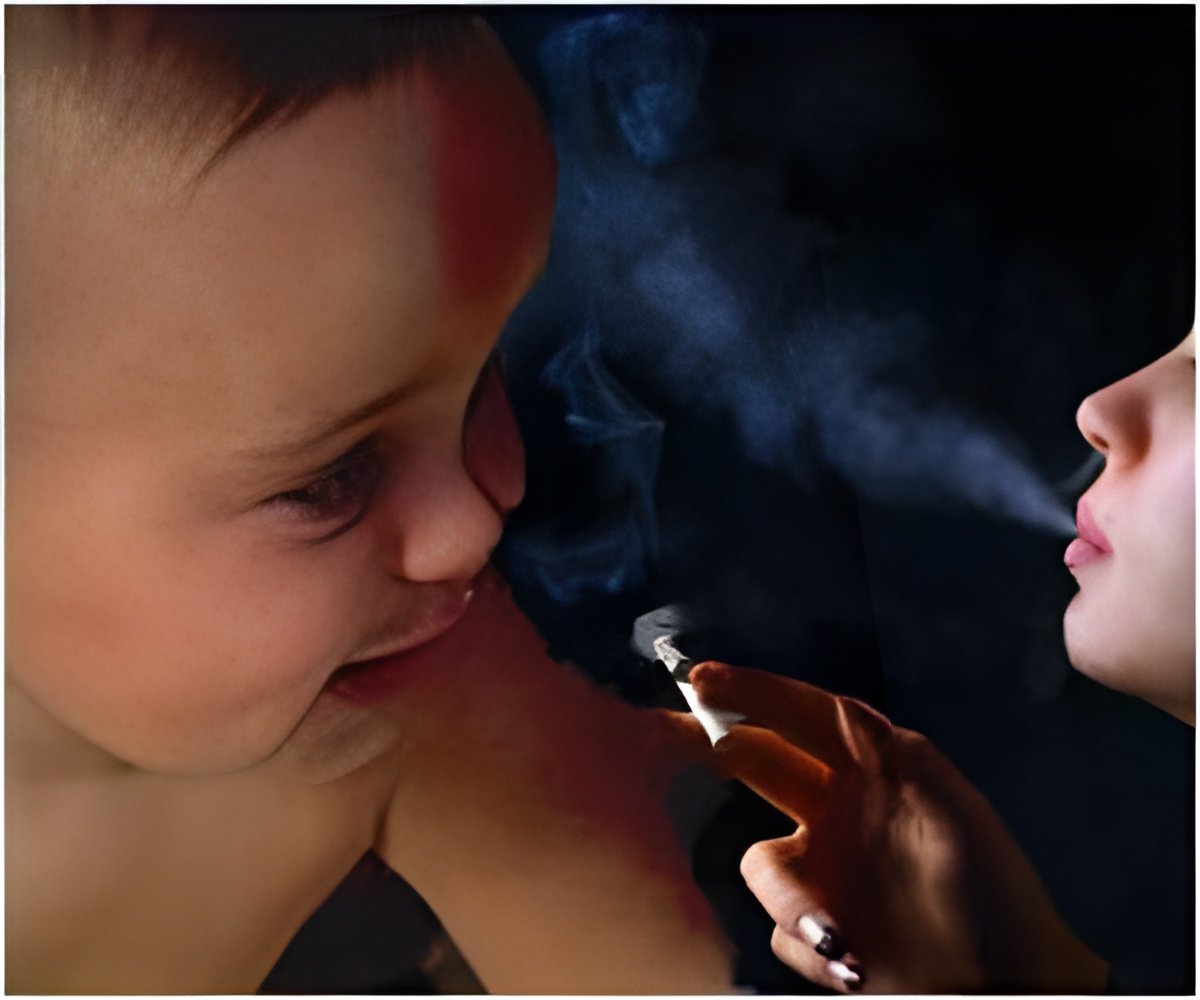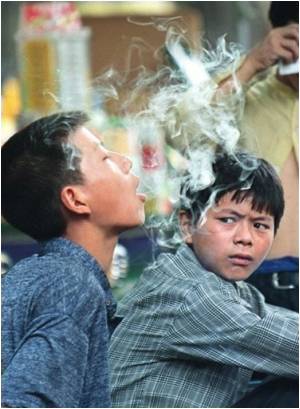Mothers with higher levels of social stressors, are least likely to have rules that totally ban smoking at home, which could expose their infants to secondhand smoke.

Study's lead author Jarron Saint Onge said, "Even if one take out all of those other factors, if one was dealing with all of these notions of disadvantage that was tied up in low education and low income, one will see that if they can address the stressors, one was going to increase the amount of people who restrict smoking at home. Nobody wants to smoke around their child, so it was these broader social forces that were at play. It's about recognizing at what point one compromised to forgo smoking rules in your household. Because members of those groups reported facing significant stressors that may compromise social control, self-efficacy or power within a household context, which could possibly leave them powerless to change established and immutable smoking habits. Also, smoking, which is a health-compromising behavior, might also be a coping mechanism for people with resource-limited social or environmental settings. The study shows how stress appears to have particularly strong effects for current smokers."
The study has been published in the American Journal of Public Health.
Source-Medindia
 MEDINDIA
MEDINDIA




 Email
Email








